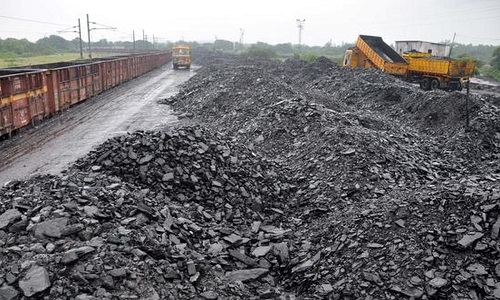Clear lacunae in MMDR Act: Experts
| Date :29-Jun-2022 |

Business Bureau
The MMDR Act has certain provisions which are not conducive to mining and the nation’s economy at large. As a result, a drastic fall is being witnessed in mining output, and also a significant drop in employment in the mining sector. While the aims were sound and noble, the lacunae that crept into the acts and
laws have negated several aspects which are the very foundation of nobility that the sector could have stood on, said Shivkumar Rao, President, Vidarbha Economic Development Council.
VED members, Chairman of the VED Mining committee, B K Shukla and Committee senior member Arun Deoras, highlighted a few of the salient features that stand out as problems faced by the mining sector. Obviating these obstacles will be helpful in mining, making the auction process more dynamic and will create a win-win situation for the Govt. and miners, they felt. According to them, “mineable mineral reserves” vis-à-vis “estimated mineral resource” are creating problems. The expression “mineable mineral reserve” means the economically mineable part of an “estimated mineral resource” of an area.
However, an amount equal to 0.50% of the “sale value of the estimated mineral resource” is required to be paid as auction premium as upfront payment, reserve price for bidding, performance security, net worth requirement to determine the eligibility for participation in the auction (which varies from 0.5% to 2%) and registration charges for mining lease agreement.
When extraction of a mineral is possible only up to the “mineable mineral reserve”, certainly it is unfair and does not make sense to compel bidders to pay charges / processing fee based on sale value of the entire ‘estimated quantity of mineral resources,” they pointed out.
They suggested that taxes, charges, processing fee, security deposit should be levied for mineable resources of minerals. Under section 26 of MMDRAct-2015, both the Central Government and State Government are authorised to exercise powers conferred under MMDR Act-2015. It is suggested this section should also contain a time-limit for disposal or completion of the said subject matter.
Apart from this, the penalty prescribed in section 21 of the Act is too harsh when compared to the severity and gravity of the offence of the same quantum of punishment mentioned in other criminal laws.